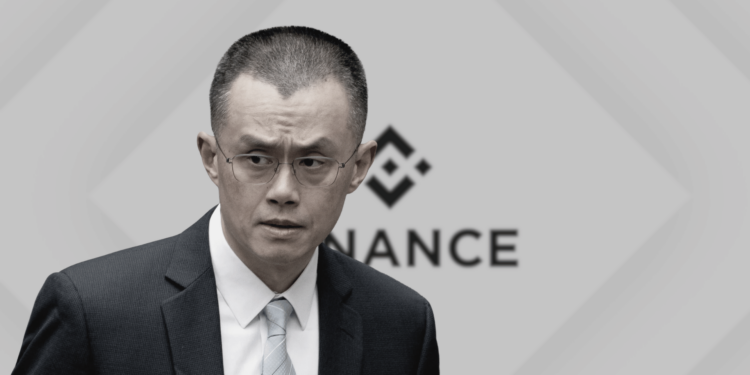- Binance and CZ lose U.S. Supreme Court appeal to dismiss securities violation lawsuit.
- Investors accuse Binance of selling unregistered securities and inadequate risk disclosure.
- Binance faces mounting legal battles, including a $4.3B DOJ settlement in 2023.
Binance, the world’s largest crypto exchange, and its founder, Changpeng Zhao (CZ), have faced another legal setback. On January 13, the U.S. Supreme Court denied their appeal to dismiss a class-action lawsuit filed by investors alleging securities violations.
The lawsuit accuses Binance of selling unregistered securities, including tokens like TRON (TRX) and EOS, without adequately disclosing associated risks. Investors claim they were misled and are seeking to recover funds tied to these tokens.
Appeals Court Holds Binance Liable for U.S. Transactions
Initially, Binance’s legal team argued that the exchange operated outside the jurisdiction of U.S. securities laws. However, the United States Court of Appeals for the Second Circuit ruled otherwise, noting that the tokens in question were purchased by U.S. investors, making Binance liable. The Supreme Court’s decision to uphold this ruling marks a significant blow to Binance’s legal defense.
This comes as Binance is already grappling with multiple legal challenges, including a $4.3 billion settlement with the Department of Justice (DOJ) in November 2023 over anti-money laundering violations. As part of that settlement, CZ resigned as CEO, spent four months in prison, and agreed to step back from his leadership role.

Legal Woes Continue for Binance and CZ
The DOJ settlement is separate from this class-action lawsuit and other ongoing legal battles. Binance is also fighting a securities case brought by the U.S. Securities and Exchange Commission (SEC). With the Supreme Court’s decision, the class-action case will proceed, adding to the mounting legal and regulatory pressure on the exchange.
Final Thoughts: Binance Under Scrutiny
For Binance and CZ, the Supreme Court’s rejection is just the latest chapter in a string of legal battles. From unregistered securities allegations to anti-money laundering violations, the challenges facing the crypto giant highlight the intense regulatory scrutiny centralized exchanges face, particularly in the U.S. This will undoubtedly shape the company’s future—and the broader crypto industry—moving forward.














